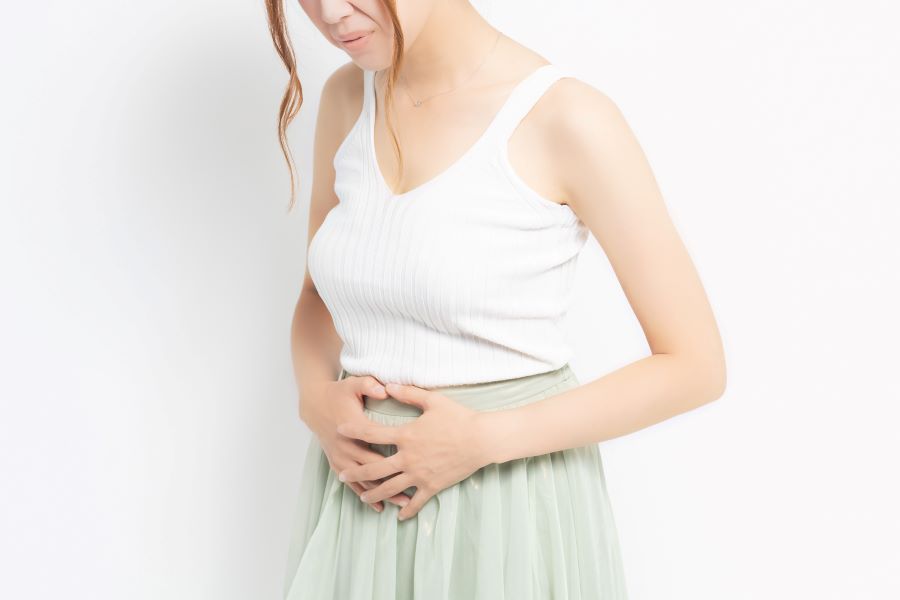Can Fibroids Cause Problems in Pregnancy?


Fibroids are non-cancerous solid tumors that grow in the uterus. They are extremely common, with up to 70-80 percent of women having them by the time they are 50 years old. Most of the time they cause no problems and are only discovered because an ultrasound or CT scan was performed for unrelated reasons, such as pregnancy or other medical problems. Still, women who become pregnant and find out they have fibroids often worry about what it means for their pregnancy and their baby.
In 1-10 percent of all pregnancy ultrasounds, fibroids that were previously undiagnosed will be found. They are much more common in certain ethnic groups, with African American women having the most frequently. When it comes to having fibroids, they can number from a solitary one to multiple fibroids. Their size can vary greatly. One study of 15,000 women showed that 10 percent of women with fibroids had ones that were larger than 10 centimeters!
When it comes to fibroids, a few problems specific to pregnancy have been associated with them:
- Harder time conceiving and possible infertility (most commonly if the fibroid is in the uterine cavity where an egg would implant, or it is pushing on and changing the shape of the cavity)
- Increased risk of abnormal positioning of the baby, such as a breech presentation
- Higher rates of preterm labor and PPROM
- Increased incidence of placental problems, including placenta previa and abruption
- Increased need to deliver by C-section (because the fibroid blocks the baby from getting into the birth canal)
- Increased risk of postpartum hemorrhage
The usual thinking is that the larger the fibroid, the more troublesome it can be. In the same study mentioned above, the women whose fibroids were greater than 10 centimeters had more issues than women who had smaller fibroids.
Fibroids can actually change in pregnancy. In response to the hormones of pregnancy, about half of fibroids will increase in size, while the other half actually shrink. If they are going to grow, most of that growth usually happens in the first trimester. The good news is that many (about one-third in one study) will disappear after delivery and most that remain will shrink in size.
Some fibroids can also cause considerable pain in women who are pregnant. If they grow quicker than the blood vessels that feed them, they can actually start to breakdown or degenerate. This can be very uncomfortable, and some women need pain medications to cope. In addition, if a fibroid twists on itself (called torsion) it can be intensely painful. These can be treated either with pain medication or sometimes surgery to untwist and possibly remove the fibroid (though most doctors want to avoid this type of surgery in pregnancy unless absolutely necessary).
Overall, it is impossible to predict which fibroid will cause a problem and which won’t. A woman who is pregnant and has fibroids will likely have multiple ultrasounds to track the growth of the fibroids and her baby and should be given warning signs for the complications mentioned here.
Sources:
- The American College of Obstetricians and Gynecologists
- Practice Bulletin #96: Alternative to hysterectomy in the management of leiomyomas. BA Kase and SC Blackwell
- Fibroids in pregnancy: meaning and management
- Contemporary OB/GYN
- Vol 59, Number 12
- December 2014.
Powered by Bundoo®










































